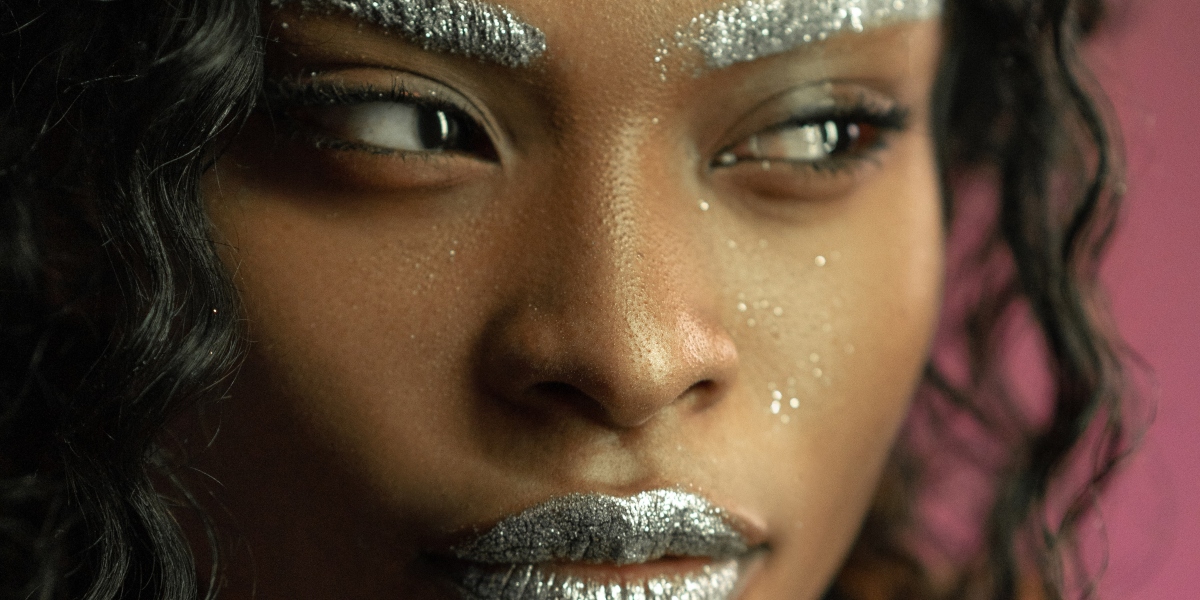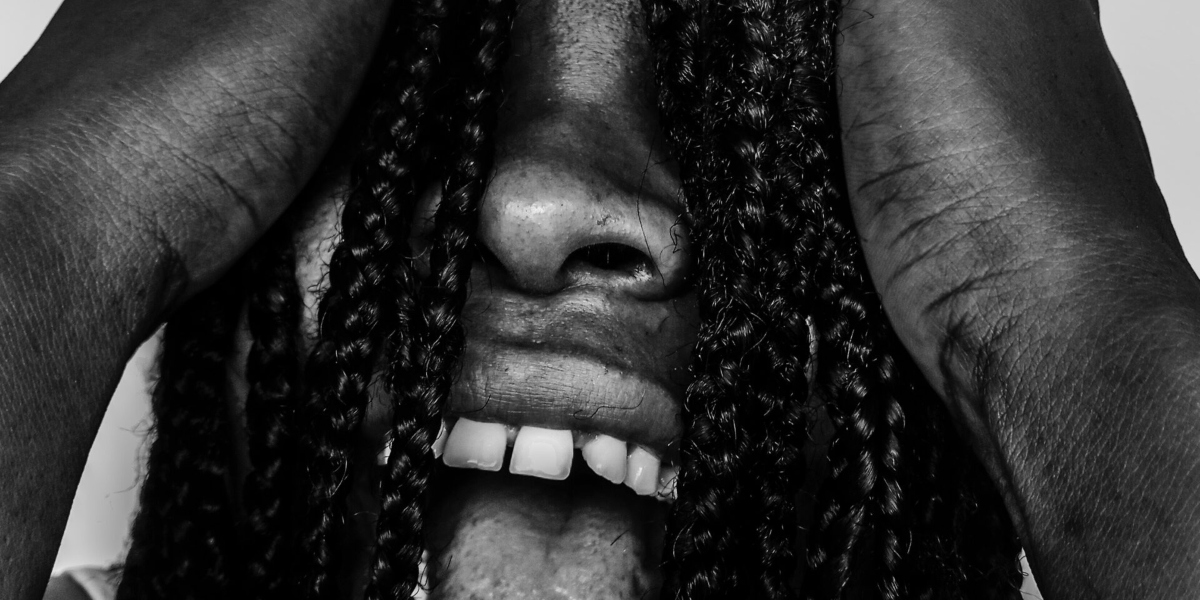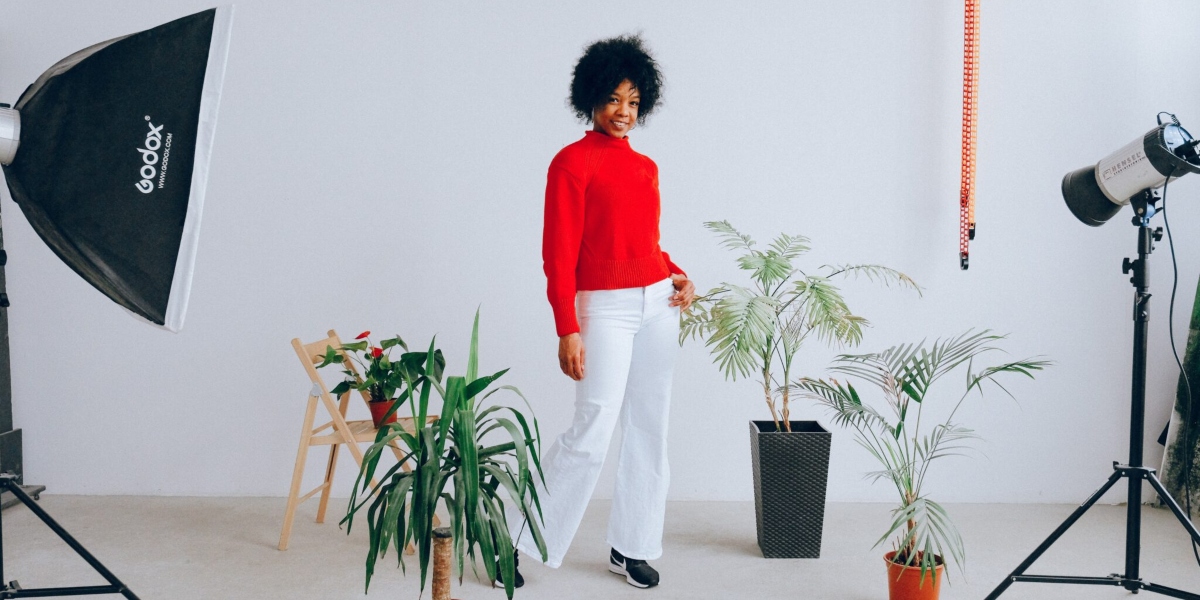One of the great paradoxes of this age is that the gospel of authenticity and “being ourselves” is being preached all over and yet millions of dollars are invested so that people can be anything but. We have decried the repressiveness of the beauty and lifestyle standards of previous eras while successfully upholding equally repressive and somewhat unrealistic standards. Where do we draw the line when on one hand authenticity is lauded by art and culture critics, and on the other hand a well-groomed, well-made up, and well coiffured Beyonce can tell us, in the song Flawless, that she woke up like that?
It is often said that in 1968 the enigmatic American artist Andy Warhol became responsible for the immortal words, “In the future, everyone will be world-famous for 15 minutes.” That may be a stretch, at least for now, but more and more people are committing themselves to the pursuit of fame, and the tools that can make it possible are more readily available than they have ever been. We live in a world where an Instagram post can change your life, and with just the right filter and photo editor you can become an augmented version of yourself. In April this year, reality TV star Khloe Kardashian, whose images usually represent bodily perfection, tried to get an unfiltered photograph of herself removed from social media platforms. Search for skincare products online and you won’t miss an advertisement for skin lightening cream. Nigeria is still one of the world’s biggest markets for skin lightening products. Hip and bum enlargement pills are aplenty in Zimbabwe and the rest of the continent. Plastic surgery is big business, even in South Africa where celebrities such as Khanyi Mbau are said to be its proponents. Influencers adopt fake personas, lifestyles, and followers in the name of the ‘gram and the bag. Ultimately, all of these aspects are creating a new ideal standard of living and being. What now represents the height of aspirations of so many young women is the seemingly wealthy and well-traveled showstopper, with a small waist, ample behind, and almost milky complexion, whose Instagram photos are works of perfection. Does that seem like a lot? Well, that’s because it is.
What is the effect of all this? It seems like “perfection” trumps authenticity any day when even Lizzo, a plus-sized artist who is celebrated for defying beauty standards, can still be body-shamed on social media. I recently saw a BBC Africa feature on a young Kenyan woman who previously had no social media presence participate in an experiment in which she attempted to live the influencer lifestyle. Her efforts left her burnt-out from having to constantly compare herself to others and fit an image of perfection. Social media is negatively impacting the self-esteem of young Africans who provide an audience for the augmented lifestyles and bodies of influencers and celebrities. They often feel the pressure to emulate these idealised standards. In addition to this, people who are deemed to be “unattractive” are sometimes trolled for how they look. More and more studies are uncovering the correlation between social media use and increases in cases of depression and anxiety among young people. This is because the use of these online platforms which celebrate these standards can result in feelings of inadequacy.
Changing this will take a concerted effort but there have been a few steps in the right direction. Norway recently introduced an “edit law” which dictates that social media influencers cannot edit a photo without declaring they have done so. Rwanda has banned the sale of skin-lightening products. However, legislation alone is not enough to resolve society’s complicated relationship with truth and fame. While critics are often quick to pass the blame to social media platforms and the companies that run them (sometimes rightfully so), there is something deeper at play. Social media merely disseminates, at a frightening rate, the hopes and aspirations, and desires of our societies. We need to confront that perfection and falsity seem to be more palatable than authenticity and reality. The reason why these images and personalities remain popular is that there is an audience that readily receives them. Why do we crave power and influence so much that we would sacrifice our authentic ourselves to achieve them? There is a social malaise that needs to be addressed.
The notion of “fake it until you make it” is ultimately damaging not just to ourselves but to the people who watch us closely. Those who have platforms that impact the lives of many people should do so in a way that allows people to enjoy their most real and best selves.





